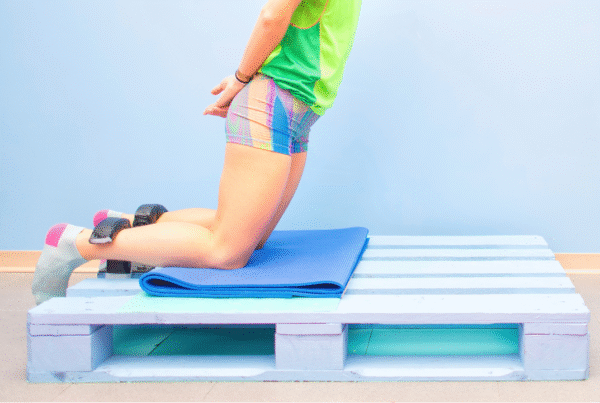Weight gain in pregnancy will vary but the average women is likely to gain around 12.5kg over the course of the pregnancy. An average baby can weigh around 3.5kgs but many more changes occur to a woman’s body during pregnancy that contributes to overall weight gain.
- The Uterus enlarges significantly. Prior to pregnancy it is about the size of a fist (approximately 50g) but it will gradually grow with the baby until its around 1kg.
- Blood volume and extracellular fluid increases by around 1.2kg each.
- The amniotic sac and amniotic fluid surround the baby. By the end of pregnancy this fluid weight increases to approximately 800g.
- The placenta is a vital organ that develops and grows during pregnancy. It has multiple functions for both the mother and the baby. It provides the baby with oxygen and nutrients as well as removing waist products. Its produces multiple hormones to modulate and support the mother’s response to pregnancy. This can weigh over half a kilo at the time of birth.
- In preparation for breast feeding the breast tissue can increase by around 500g.
All these changes to the women’s body and the weight of the baby add up to just under 9kg of weight gain by the end of pregnancy. Throughout the pregnancy fat deposits are also stored to sustain the pregnancy and support feeding once the baby has been born. It is the amount of fat deposited that tends to vary significantly between women.
Why monitor your weight gain?
The recommended weight gain during pregnancy generally depends on the pre-pregnancy weight. Monitoring your weight during pregnancy can give you a guide as to whether you are gaining too much or alternatively too little weight.
High weight gain or low weight gain during pregnancy can have serious health implications for both the mother and baby.
For the mother high weight gain can increase the risk of conditions such as Gestational diabetes and Pre-eclampsia. It can increase the chance of having Caesarean section and make it more difficult to shift weight post birth.
For the baby there is an increased risk being large for gestational age as well as a risk of being overweight and high blood pressure in childhood.
How can exercise help?
Regular exercise has been recognised to have many positive effects for women with an uncomplicated pregnancy. It can help to prevent excessive weight gain during pregnancy as well as improving fitness. Exercise can also have psychological benefits in terms of body image and can reduce symptoms of depression. There is also growing recognition into the role that exercise can play in preventing and managing pregnancy related conditions such as Gestational diabetes and Pre-eclampsia.
If you have any concerns or questions with regards to weight gain during pregnancy please talk to your obstetrician, midwife, or GP. If you would like to discuss exercise during pregnancy, please contact one of the experienced Physiotherapists at Bend + Mend Physiotherapy.





